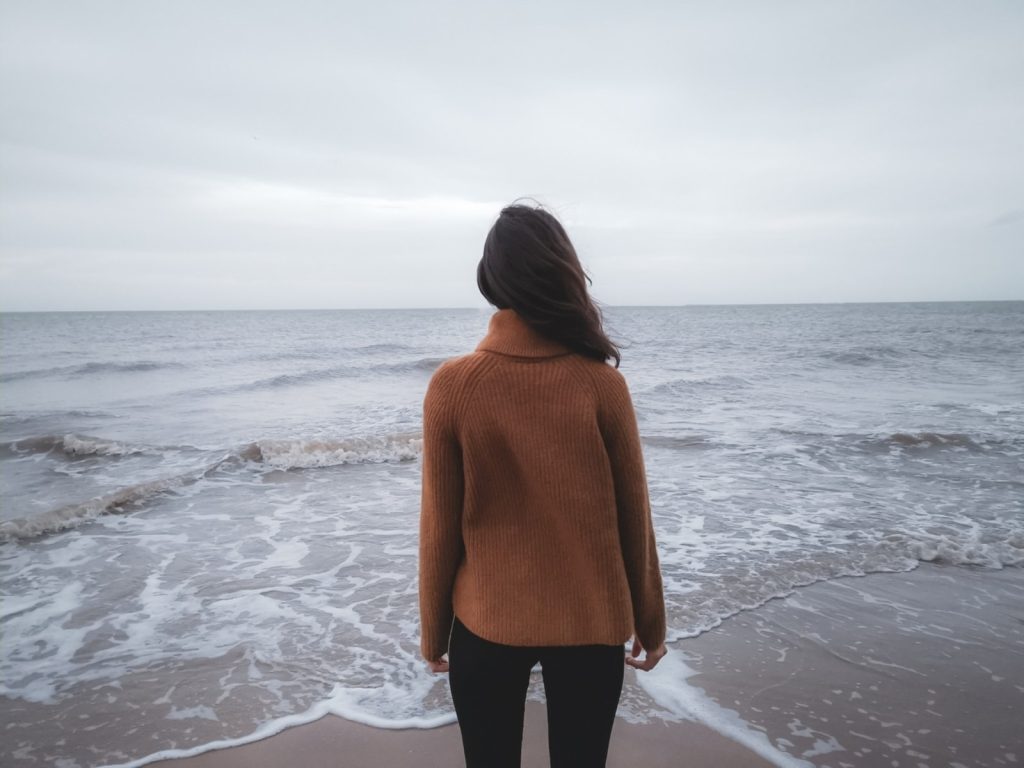One of my grandma Maggie’s favorite hobbies is cooking mouthwatering dishes, which will always leave me wanting more. Every time she was in the kitchen, I would watch her prepare the food from when I was a kid up until I grew up. Now that I’m in my late 20s, I love reminiscing about my Nana’s impressive cooking skills and techniques that I’ve come to apply whenever I cook. So, I would also love to share her unique and traditional methods with all of you.
As I was transferring the delicious fried chicken I had made for dinner onto a plate from the cast iron that my Nana gifted me during my 22nd Birthday, I couldn’t help but remember what my Nana used to do with her favorite cast iron cookware after cooking.
Nana always uses cast iron for frying chicken as it is more convenient and it is made for it! Cast iron is the perfect material for frying chicken because it heats evenly and retains heat well. The chicken stays crispy on the outside and juicy on the inside when using this cookware.
Let the Pan Cool
After cooking, Nana would always wait until the pan had cooled slightly before washing it. When it comes to cooking, she’s meticulous and cautious, so she always waits for the pan to cool down a bit first. Nana never wanted to risk getting burned by the hot pan and water. Moreover, rinsing the pan with cold water while it’s still hot will cause it to crack.
Use Warm Water
She would then take the pan and pour some warm water into it before gently scraping away any bits of food that were stuck to the bottom using a stiff brush. This would ensure the pan was clean and ready to be used again. But sometimes, if there is stuck-on food in the cast iron, Nana would use a little bit of salt and oil to get rid of the residue.
Dry the Cast Iron
After she had finished washing the cast iron, she would delicately pat it down with a towel to make sure that all of the water was removed. Once it was completely dry and free from moisture, she would take the time to return it back to its rightful place in her kitchen.
While she was returning the cast iron to its place, she would always look at me for some reminder, like not to use abrasive scrubbers when cleaning it. She’ll talk about how it will remove the hard-earned seasoning, a film of oil baked onto the pan’s surface, eventually making it almost non-stick.
My Nana’s Reminder of What I Shouldn’t do with my Cast Iron after Cooking
For over a decade, I watched my Nana take good care of her cast iron like it was her most precious belonging. Sometimes I even get jealous of that cast iron because the way she cleans it after cooking is just meticulous and very careful. She wouldn’t even let anyone use it unless with her supervision.
When I was younger, my grandma would take such good care of her cast iron pans. I didn’t understand why she was so into taking care of them until she gave me one. Now I get it. There is something special about using cast iron. It has a long history dating back centuries and is still a popular choice for cooking today.
I’ve come to love cooking on cast iron because of its durability and even heat distribution, making it ideal for cooking a variety of dishes. It’s also probably one of the reasons why my Nana’s cooked dishes are so delicious! So, one day, I asked Nana about what I shouldn’t do after cooking with cast iron because I wanted to keep using it for as long as possible.
Here are some helpful tips she told me not to do after cooking with cast iron.
#1. Do not let the Skillet Soak
When grandma Maggie is done cooking with her cast iron cookware, I will notice that she will immediately wash it. She’ll do it after letting it cool for a few minutes. I thought she just wanted to clean up after cooking. But one day she told me it’s her secret to keeping her skillet durable for all those years. She said that she would wash her skillet right after cooking because she didn’t want it to soak in the sink. Soaking it will only result in rust and reduce its durability.
#2. Avoid Using Steel Wool and other Abrasive Scrubbers
My Nana always used a gentle brush to clean her cast iron after cooking. I remember her saying, “I really dislike those green and metal scrubbers because they are bad for my cast iron pans and skillet.” She would prefer to use a gentle brush on her skillet, so it doesn’t get damaged easily. She would then even use a little salt and a glug of oil to clean the cast iron. This would help remove any residue left behind and make it easier for her to clean.
#3. Do not store the Cast Iron Pan While it’s still wet
I remember when I insisted on helping with cleaning my Nana’s loving cast iron, she asked me to wipe it gently. “You also need to dry the pan completely,” she said gently. “Water is the number one enemy of this pan, my darling Oli. Remember that.” Oli is her nickname for me, short for Olivia. She continued that storing the cast iron while still wet would only lead to the pan rusting.
#4. Don’t Avoid Cooking with your Cast Iron
One time when my Nana Maggie visited us in our house, she was asking me about the cast iron cookware she gave me on my birthday. Then, I said that I don’t use it often because I want it to last a long time. She gave me a reassuring smile and told me not to avoid cooking with my cast iron. She explained that the more I use it, the better the quality of the skillet will be. Additionally, she told me that seasoning my cast iron was important to do on a regular basis. Seasoning protects the skillet from rust and makes sure that food doesn’t stick to it when cooking.
As the years went by, I still made sure to avoid doing these things when cleaning my cast iron. By carefully following these steps, I was able to keep my cookware in good condition and prevent any further damage from occurring.




